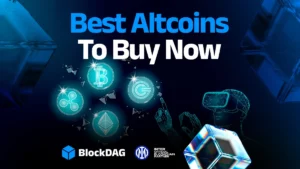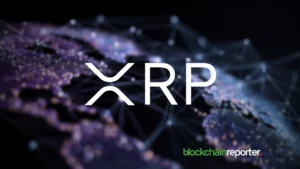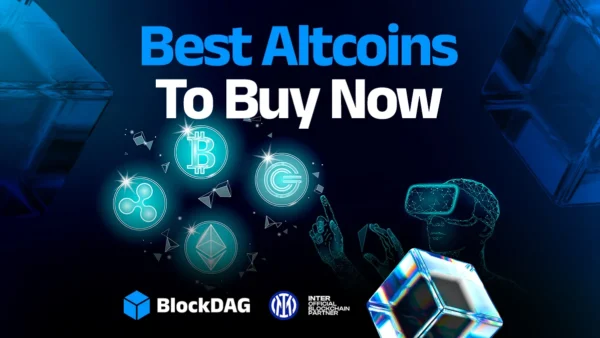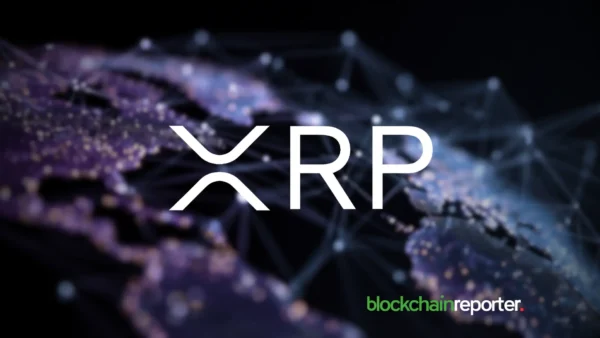- 1. 1. Qubetics: Non-Custodial Open Source Multichain Wallet Pioneer
- 2. 2. Ethereum: The Foundation of Smart Contracts
- 3. 3. Solana: Speed and Scalability Redefined
- 4. 4. Polkadot: Interoperability at Its Core
- 5. 5. Cardano: Academic Rigor Meets Blockchain Innovation
- 6. 6. Avalanche: Customisable Blockchains for DeFi
- 7. 7. Binance Smart Chain: Low-Cost Transactions for dApp Development
- 8. 8. Algorand: A Pure Proof-of-Stake Blockchain for Secure Transactions
- 9. 9. Near Protocol: Bridging the Gap Between Usability and Decentralization
- 10. The Final Word
The cryptocurrency market constantly evolves, with projects offering innovative solutions to real-world challenges. Among the growing list of blockchain platforms, Qubetics is emerging as a key player alongside several other cryptocurrencies worth your attention. This article will highlight Qubetics ($TICS) and eight other cryptos making waves in the blockchain space.

1. Qubetics: Non-Custodial Open Source Multichain Wallet Pioneer
Qubetics has established itself as a groundbreaking blockchain platform by introducing a non-custodial open-source multichain wallet. This wallet allows users to manage assets across various blockchain ecosystems with complete control over their keys, ensuring high security and privacy. Qubetics’ wallet is particularly attractive because it is compatible with Bitcoin, EVM, and Wasm-based chains, providing seamless access to a diverse range of tokens without needing intermediaries.

The focus on user security and autonomy is a game-changer in cryptocurrency, especially as the demand for decentralised finance (DeFi) grows. By empowering users to manage their assets without relying on custodial wallets, Qubetics is leading the way in secure and versatile asset management. Its multichain functionality ensures that users can interact with various networks while maintaining control, making it an attractive option for casual and institutional investors.
2. Ethereum: The Foundation of Smart Contracts
Ethereum is one of the most well-known and widely used blockchain platforms, primarily due to its pioneering role in smart contract development. Launched in 2015, Ethereum has provided a foundation for decentralised applications (dApps) and the DeFi ecosystem. With the transition to Ethereum 2.0, the platform aims to resolve scalability issues, making it even more efficient and sustainable.
Ethereum’s widespread adoption and constant development make it a go-to platform for developers and investors. Its dominance in the dApp space is a testament to its innovation and resilience in the ever-changing cryptocurrency market.
3. Solana: Speed and Scalability Redefined
Solana has quickly become one of the fastest-growing blockchain platforms, known for its high throughput and low transaction costs. Solana’s ability to handle thousands of transactions per second has made it a favourite for developers creating scalable dApps and decentralised exchanges (DEXs).
The platform’s focus on speed and efficiency has positioned it as a direct competitor to Ethereum. Solana’s growing ecosystem and low-latency features make it a promising blockchain for applications demanding fast transaction processing and minimal fees.
4. Polkadot: Interoperability at Its Core
Polkadot is a blockchain platform designed for interoperability. Its unique multi-chain framework allows various blockchains to operate together, providing a solution to the fragmented nature of the current blockchain ecosystem. By enabling different blockchains to communicate and share information, Polkadot enhances scalability and cross-chain transfers.
Developers and investors are increasingly drawn to Polkadot due to its forward-thinking approach to interoperability. Its seamless ability to connect multiple blockchains is critical for creating a more unified and efficient digital economy.
5. Cardano: Academic Rigor Meets Blockchain Innovation
Cardano is a blockchain that prides itself on being one of the most rigorously researched platforms in the crypto space. Built with a scientific philosophy, Cardano aims to create a secure and scalable blockchain for developing smart contracts and dApps.
Cardano’s layered architecture separates the settlement and computation layers, allowing for greater flexibility and efficiency. Its commitment to peer-reviewed research ensures the platform evolves based on scientific insights, making it a solid contender for long-term growth.
6. Avalanche: Customisable Blockchains for DeFi
Avalanche has carved a niche as a blockchain platform, allowing users to create customisable, interoperable blockchains. This flexibility makes it a preferred choice for DeFi projects, as it provides an ecosystem where developers can create blockchains tailored to specific use cases.
Avalanche’s consensus protocol, known for its speed and scalability, has attracted a growing number of dApps. The platform’s ability to integrate seamlessly with Ethereum has also made it a key player in the DeFi space.
7. Binance Smart Chain: Low-Cost Transactions for dApp Development
Binance Smart Chain (BSC) has emerged as a leading platform for decentralised applications, especially in the DeFi sector. Known for its low transaction fees and compatibility with Ethereum’s virtual machine, BSC has attracted developers looking to avoid the high fees associated with Ethereum.
With a rapidly growing ecosystem of dApps, Binance Smart Chain continues to be a hub for innovation. Its focus on low costs and high-speed transactions has made it an attractive option for developers and investors.
8. Algorand: A Pure Proof-of-Stake Blockchain for Secure Transactions
Algorand is a blockchain platform that uses a pure proof-of-stake (PPoS) consensus mechanism, designed to provide secure, fast, and scalable transactions. Its unique approach eliminates the need for mining, making it energy-efficient and sustainable.
Algorand’s focus on creating a decentralised platform that prioritises security and scalability has made it a strong player in cryptocurrency. Its partnerships with major institutions have further cemented its role as a trusted blockchain platform.
9. Near Protocol: Bridging the Gap Between Usability and Decentralization
Near Protocol is designed to make decentralised applications (dApps) more user-friendly. Its focus on ease of use and a highly scalable infrastructure positions Near as a platform that can support the next generation of dApps and decentralised finance solutions.
Near Protocol’s sharding technology ensures the platform can handle large transactions, making it highly scalable. Its emphasis on usability makes it an appealing option for developers creating dApps with a seamless user experience.
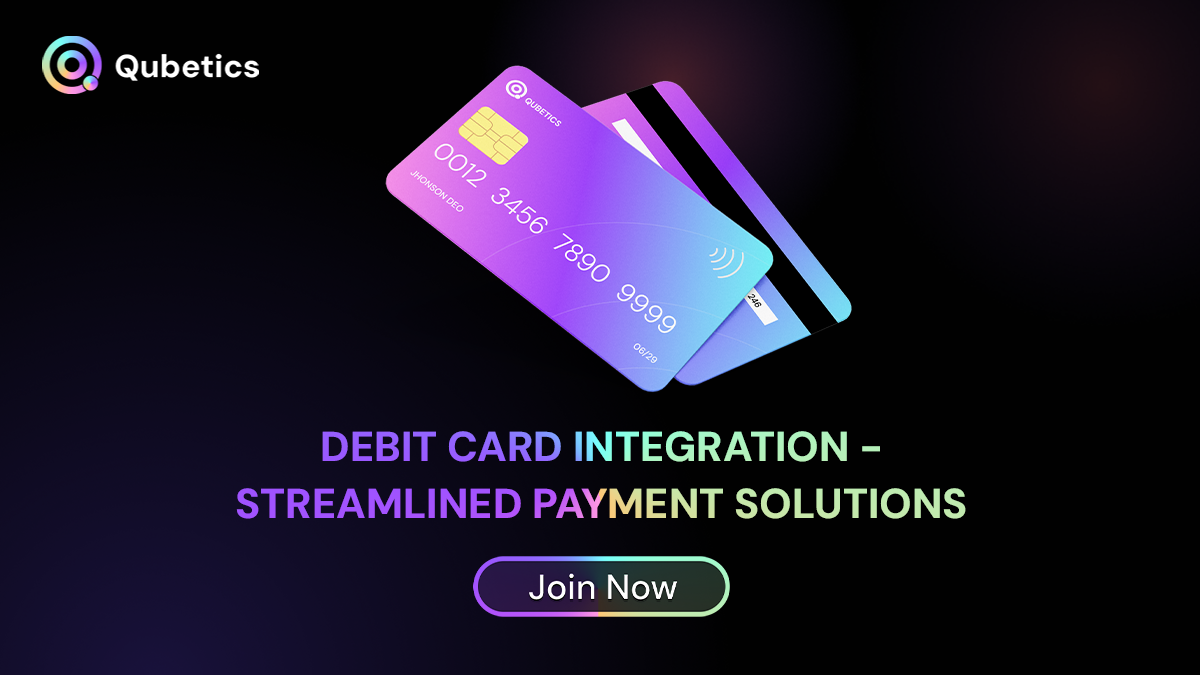
The Final Word
In a crowded cryptocurrency industry, Qubetics stands out due to its innovative approach to asset management with its Non-Custodial Open Source Multichain Wallet. By giving users complete control over their assets across multiple blockchain ecosystems, Qubetics addresses key concerns around security and decentralisation, making it a highly attractive option for those looking for flexibility and privacy.
While Ethereum, Solana, and other platforms offer their own unique features, Qubetics’ focus on seamless, secure multichain compatibility sets it apart. As the digital economy continues to grow, Qubetics is well-positioned to become a leader in the decentralised finance space.
Learn More About the Best Presale Crypto
Qubetics: https://qubetics.com
Telegram: https://t.me/qubetics
Twitter: https://x.com/qubetics
This article is not intended as financial advice. Educational purposes only.


